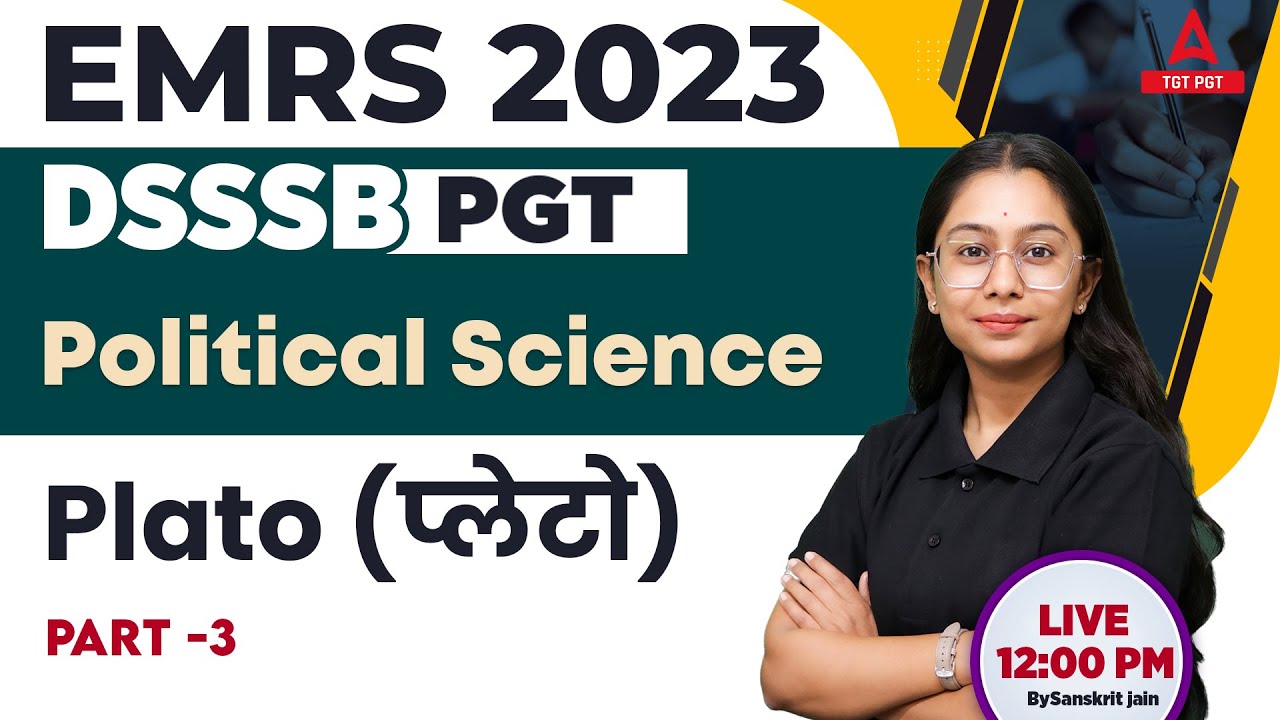Prof Ransford Gyampo discusses the Education and Conditions of Service of the Philosopher King
Summary
TLDRIn this lecture, the speaker explores Plato's concept of the philosopher-king, emphasizing the rigorous training required to shape such a leader. From childhood, the philosopher-king undergoes education in music, poetry, gymnastics, and later in subjects like logic, mathematics, philosophy, and governance. The philosopher-king holds absolute power, is free from personal attachments or property, and is permitted to tell 'medicinal lies' for the peace of the state. The lecture encourages reflection on the benefits and challenges of this ideal ruler, questioning both the practicality and ethical implications of Plato's vision.
Takeaways
- 😀 Plato’s philosopher king is trained from age 0 to 50 in various disciplines, starting with music, poetry, and fables to tune the mind.
- 😀 From ages 20 to 30, the philosopher king undergoes training in gymnastics to build discipline and strengthen the body.
- 😀 At ages 20 to 30, the philosopher king also studies logic, astronomy, and mathematics to develop critical thinking and intellectual abilities.
- 😀 From age 30 onwards, the philosopher king is trained in philosophy and dialectics, focusing on investigating truth and understanding different perspectives.
- 😀 After completing philosophical training, the philosopher king is tested for 15 years in governance and warfare to prepare for leadership roles.
- 😀 Plato’s system rejects the idea that anyone can govern without proper training. The philosopher king must undergo rigorous preparation and testing.
- 😀 Plato’s philosopher king should have absolute power and discretion, meaning no constraints from laws or constitutions.
- 😀 The philosopher king is permitted to tell 'medicinal lies' — lies intended to bring peace and stability, even if they’re not fully truthful.
- 😀 The philosopher king must not have personal wealth, property, or family, as this helps prevent corruption and keeps the ruler focused on the community’s interests.
- 😀 The philosopher king’s children and spouse are cared for by the community, emphasizing the importance of collective responsibility over personal ties.
- 😀 The idea of the philosopher king is both idealistic and controversial, as it balances wisdom with absolute authority, raising questions about its practicality and potential risks.
Q & A
What is the first stage of education for a Philosopher King, according to Plato?
-The first stage, from ages 0 to 19, focuses on training the mind through music, poetry, and fables. These subjects are designed to 'tune' the mind and prepare the individual for intellectual and moral development.
Why does Plato emphasize music, poetry, and fables in early education?
-Plato believes these subjects help to shape the mind, fostering emotional and intellectual development in young children. The purpose is to prepare them for the more advanced stages of learning and ensure they are equipped with a well-rounded perspective.
What is the focus of education for a Philosopher King between the ages of 20 and 30?
-Between the ages of 20 and 30, the Philosopher King is trained in gymnastics to build discipline and physical strength. In addition, their education expands to include logic, astronomy, and mathematics, which are designed to cultivate critical thinking and rationality.
How does Plato view the relationship between physical training and intellectual development for a Philosopher King?
-Plato sees physical training, like gymnastics, as essential for building discipline and strength. This training complements intellectual education by helping the individual maintain a balanced and healthy mind and body, which is necessary for effective leadership.
What is the primary focus of education after the age of 30 for a Philosopher King?
-After the age of 30, the Philosopher King is trained in philosophy and dialectics, which involves investigating truths and evaluating differing opinions. This stage of education prepares them for governance and helps refine their understanding of justice and truth.
What practical experiences does a Philosopher King undergo after age 30?
-From age 30 onwards, the Philosopher King is given practical experience in governance and warfare. This training ensures they are capable of leading effectively and understanding the complexities of ruling a state, including military strategy and the principles of governance.
How long is the practical governance and warfare training for a Philosopher King, according to Plato?
-Plato suggests that a Philosopher King undergoes 15 years of practical training in governance and warfare, which prepares them to make informed decisions about both statecraft and military leadership.
What are the key characteristics of a Philosopher King's governance once they reach age 50?
-At age 50, the Philosopher King is expected to have absolute power and discretion, free from constitutional limitations. They must also be able to tell 'medicinal lies'—lies that serve the greater good by maintaining peace and harmony.
Why must a Philosopher King not have personal wealth, property, or family?
-Plato argues that a Philosopher King must not own personal property, wealth, or family to prevent corruption and self-interest. Instead, all property and familial responsibilities are managed communally, ensuring the ruler remains focused on the common good rather than personal desires.
What are the potential strengths and weaknesses of the Philosopher King concept in Plato's ideal state?
-Strengths of the Philosopher King concept include the ideal of a wise and just ruler who governs selflessly for the common good. Weaknesses include the concentration of power in one individual, which could lead to authoritarianism, and the potential unhappiness of the ruler due to the lack of personal autonomy and possessions.
Outlines

This section is available to paid users only. Please upgrade to access this part.
Upgrade NowMindmap

This section is available to paid users only. Please upgrade to access this part.
Upgrade NowKeywords

This section is available to paid users only. Please upgrade to access this part.
Upgrade NowHighlights

This section is available to paid users only. Please upgrade to access this part.
Upgrade NowTranscripts

This section is available to paid users only. Please upgrade to access this part.
Upgrade NowBrowse More Related Video
5.0 / 5 (0 votes)





